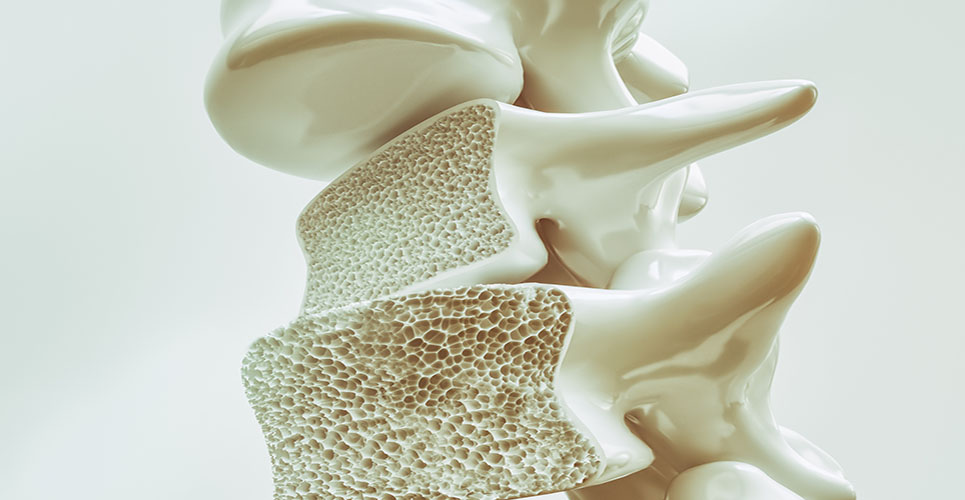teaser
A bone drug for osteoporosis may double a patient’s risk of developing oesophagus cancer.
Although the drug helps protect post-menopausal women against breast cancer, a study published in the British Medical Journal (BMJ) suggests its long-term use is linked to a heightened oesophageal cancer risk.
Data on six million patients from a UK GP practice database was studied by the University of Oxford’s cancer epidemiology unit and the Medicines and Healthcare products Regulatory Agency (MHRA).
Among those aged 40 and over, 2,954 had oesophageal cancer, 2,018 had gastric cancer and 10,641 had bowel cancer, all diagnosed between 1995 and 2005.
The experts looked at the use of oral bisphosphonates and cancers of the oesophagus, stomach and bowel, taking into account factors such as smoking, alcohol and body mass index.
The results showed that the chance of oesophageal cancer was 30% higher in people with one or more previous prescriptions for oral bisphosphonates compared to people who had never taken the drugs.
The risk was almost double for those who had 10 or more prescriptions compared with those who had had between one and nine.
For those taking the drugs for at least three years (five years on average), the risk was more than double compared with those who had never had a prescription for the drugs.
There were no links between the drugs and stomach or bowel cancer.
Copyright Press Association 2010
Oral bisphosphonates and risk of cancer of oesophagus

